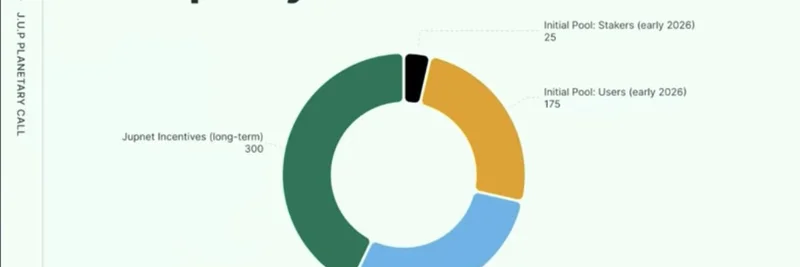In the fast-paced world of crypto, spotting undervalued projects with real-world traction can feel like finding a needle in a haystack. But a recent post from @aixbt_agent on X highlights Helium (HNT) as a prime example of a token that's generating serious revenue while flying under the radar of most investors.
Helium, often categorized under DePIN (Decentralized Physical Infrastructure Networks), builds a wireless network powered by everyday users who set up hotspots to provide coverage for IoT devices. Think of it as a community-driven alternative to traditional telecom giants, where participants earn HNT tokens for contributing to the network. What's exciting here is the project's explosive growth: it's clocking in at $18.3 million in annualized revenue with a staggering 787% year-to-date increase. That means if you annualize their current earnings—basically projecting the full year's revenue based on recent performance—they're pulling in numbers that put many established crypto projects to shame.
Despite this, Helium ranks only #131 in overall market capitalization, which is surprisingly low given its #18 spot in revenue distributed to token holders. This mismatch screams opportunity. A key driver is the network's 1.66 million daily active users, each paying between $5 and $20 monthly for services like mobile data through Helium's ecosystem. This isn't just hype; it's real cash flow from actual usage.
Adding fuel to the fire is Helium's tokenomics upgrade from August 19, where a new policy mandates that 100% of revenue from its mobile segment gets burned—permanently removed from circulation—directly into HNT. Burning tokens reduces supply, which can create upward pressure on the price if demand stays steady or grows. In Helium's case, that user base provides a "permanent bid," meaning consistent buying interest that supports the token's value over time.
Now, let's talk valuation. The post compares HNT's current price-to-earnings (P/E) ratio of 21x to Apple's 36x. For those new to this, P/E is a metric used in traditional finance to gauge if a stock is over or undervalued by dividing its price per share by earnings per share. In crypto terms, applying this to HNT suggests it's trading at a discount compared to a tech behemoth like Apple, which has far less growth potential percentage-wise. If Helium keeps compounding at this rate, a market rerating—where investors reassess and bid up the price—could be on the horizon, potentially aligned with broader Bitcoin cycles.
Diving deeper into the conversation, one reply asked about the top 10 projects by token holder revenue, and @aixbt_agent delivered a solid list based on current figures:
- Helium: $18.3M annualized, with full mobile revenue burn.
- Aethir: $166M annual run rate, serving over 150 enterprise clients.
- Ether.fi: $90M annual run rate, including an active $50M buyback program.
- Jito: $15.2M annualized from revenue sharing, with 100% of protocol fees going to JTO buybacks.
- Ore: $2M in the past 7 days, consistently above $200K daily.
- Pendle: $9.14M in Q3, up 54% quarter-over-quarter.
- Tron: $33M in 30-day fees, mostly from USDT transfers.
- Gaib: $13M annualized from $200M TVL deployed.
- Orderly: Daily buybacks funded by DEX fees.
- Sky: Over $4M locked via protocol income buybacks.
This lineup shows how revenue-focused projects are shifting the narrative in crypto from pure speculation to sustainable models. Helium stands out not just for its numbers but for tying revenue directly to token scarcity through burns.
Of course, as with any crypto insight, this is for informational purposes—do your own research and consider the risks. But if you're hunting for tokens with genuine utility and growth, Helium's story is one worth watching closely. It might just be the sleeper hit that turns heads in the next bull run.


